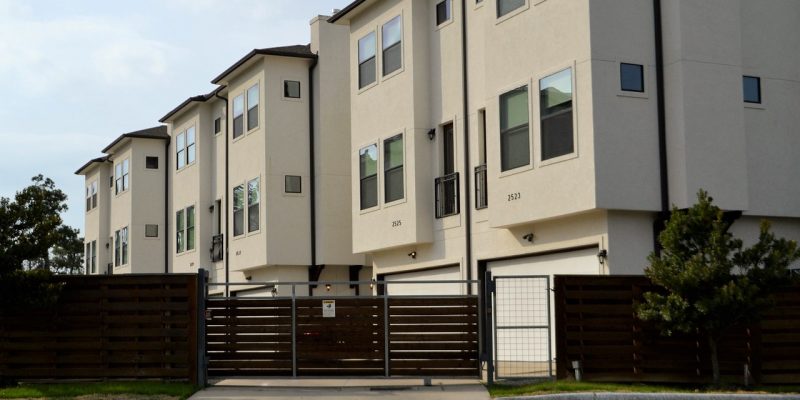Many of us dream of owning a home of our own, but since this can be expensive, particularly during financial hardships, renting is the next best thing. There are benefits with renting though, such as not having to worry about maintenance costs and having more flexibility about the length of your tenancy.
However, you will have to deal with a landlord, so you’ll need to exercise caution in order to protect yourself. With a little planning and research, you can easily have an uneventful move-in process while safeguarding your legal rights.
Understand the terms of your lease
Before signing any contracts or rental agreements, ensure you thoroughly read and understand the terms and conditions. If you’re unsure, ask someone else to check for you or contact a legal professional.
Pay close attention to the cost of rent, tenancy deposit, maintenance responsibilities, and lease duration. Only pay the deposit once you have signed the agreement, which should only equate to four or five weeks’ rent.
Knowing your rights and understanding what is expected from you and the landlord will help to avoid misunderstandings and potential disputes later on in the tenancy.
Document the condition of the property
It’s very important to keep track of any existing damages or faults in the property upon moving in. Take photos and videos of these and send a list to the landlord, getting them to acknowledge this in writing.
This process is very important for making sure you’re not held accountable for pre-existing damages when the time comes for you to move out. Regularly document the condition of the property throughout the tenancy to be able to provide evidence if a dispute arises in the future.
Protecting yourself during the tenancy
Accidents do happen and this can be through no fault of your own. If something does occur and the landlord has done everything correctly on their side, the blame may come down to you. Therefore, it’s good practice to put measures in place that can cover you should the worst happen.
Taking out renters insurance may help to protect you if your belongings are stolen or become damaged by fire or water. Additionally, it can protect you if someone is injured on the property through carelessness.
Facilitate regular communication with the landlord
Staying in touch with your landlord is highly important as you’ll probably need to request their help at some point. Where possible, try to communicate by email or text so that there is evidence these discussions have taken place.
Important topics to communicate to the landlord include rent charges, repair requests, or changes to the lease. Being open, honest, and accessible during your tenancy means you’re more likely to be treated the same and any repairs will be done in much better time.




















